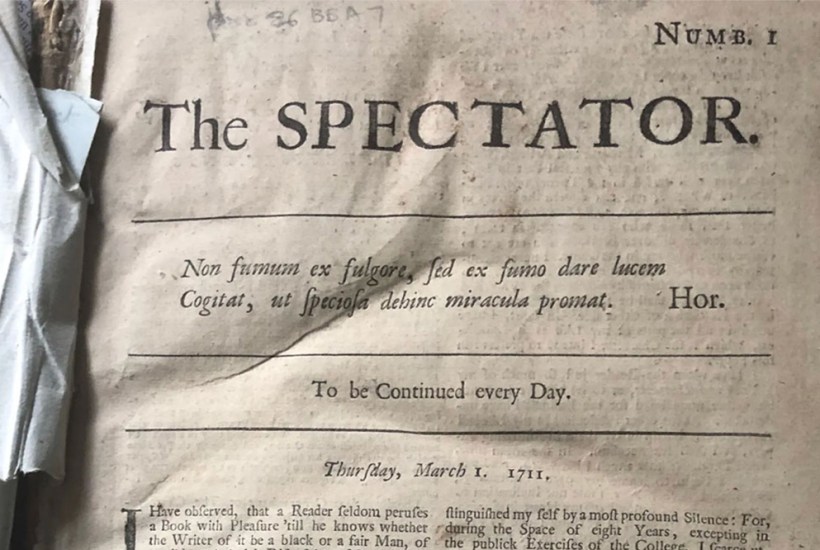Now that the government has triggered a public-interest intervention (PIIN), who will end up owning the Telegraph group, and this paper, after deliberations finish in late January? If it dismisses objections to the sale to the ruling family of Abu Dhabi, that family’s vehicle, RedBird IMI, takes control. A leading national newspaper and our most venerable British magazine are thus nationalised by an authoritarian Arab state.
Already a subscriber? Log in
Subscribe for just $2 a week
Try a month of The Spectator Australia absolutely free and without commitment. Not only that but – if you choose to continue – you’ll pay just $2 a week for your first year.
- Unlimited access to spectator.com.au and app
- The weekly edition on the Spectator Australia app
- Spectator podcasts and newsletters
- Full access to spectator.co.uk
Or
Unlock this article
You might disagree with half of it, but you’ll enjoy reading all of it. Try your first month for free, then just $2 a week for the remainder of your first year.









Comments
Don't miss out
Join the conversation with other Spectator Australia readers. Subscribe to leave a comment.
SUBSCRIBEAlready a subscriber? Log in